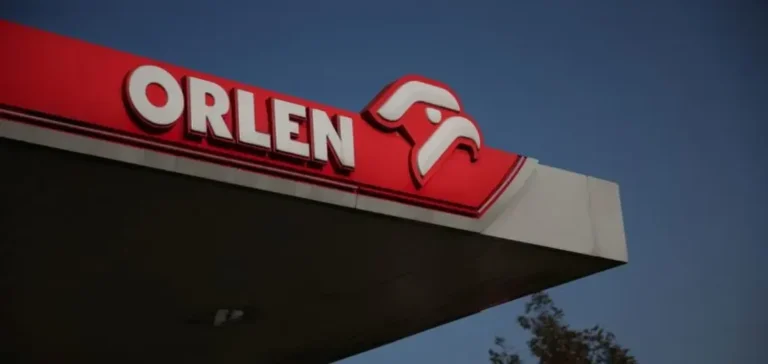Polish group Orlen has confirmed the end of all Russian oil purchases for its refinery located in the Czech Republic. This decision, announced by Chief Executive Officer Ireneusz Fafara, follows the expiration of the last active contract with Russian company Rosneft concerning crude deliveries to the Litvinov site. The executive stated that the move freed Central Europe from Russian oil dependency after decades of sustained imports.
Strengthening the Czech Republic’s energy independence
In April, Czech authorities indicated that the country had become fully independent from Russian oil for the first time, following the completion of an extension project on the TAL (Transalpine Pipeline), which allows crude to be transported from the Italian port of Trieste, through Germany, and via the Ingolstadt–Kralupy–Litvinov (IKL) pipeline to national facilities. This development took place in a context where the Czech Republic had historically received almost half of its annual oil imports through the Druzhba pipeline, linking Russia to Central Europe.
Czech pipeline operator MERO completed the TAL network upgrade at the end of last year, thus enhancing supply security and diversifying the sources of crude used by the country’s refineries.
Diversification of supply sources for Orlen
Orlen specified that Czech refineries are now supplied from various regions, including the North Sea, the Mediterranean, Saudi Arabia, Africa, as well as South and North America. The group did not provide any details regarding the potential impact of this change on production capacity or on costs associated with importing non-Russian oil.
Since the beginning of the conflict in Ukraine, the Czech Republic, like several European countries, has accelerated its reduction of dependence on Russian oil, relying on alternative infrastructures and partnerships with new suppliers.
The statement by Chief Executive Officer Ireneusz Fafara, quoted during a press conference, highlights the strategic importance of this development for the regional energy landscape, as operators continue efforts to diversify the routes and origins of crude delivered to refineries.






















